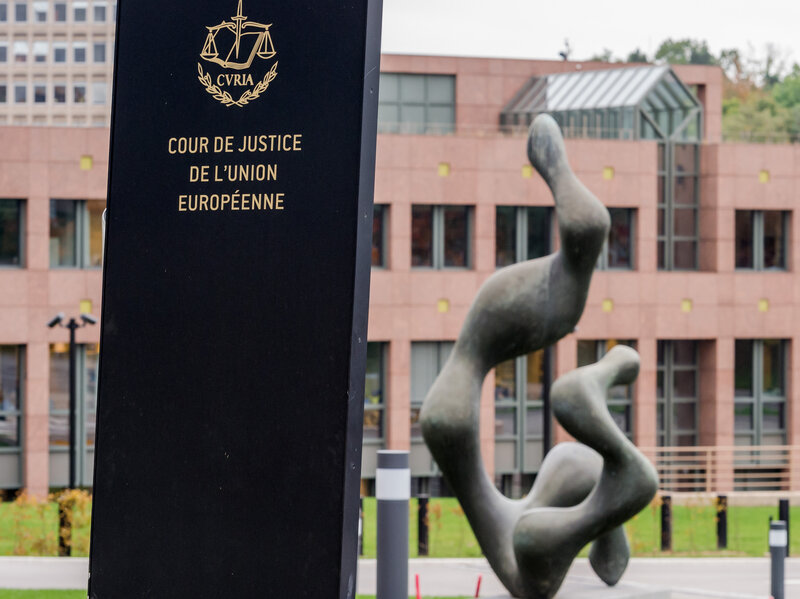By Jenilyn Brhel
Impunity Watch Reporter, Europe
ROME, Italy – In a rampage that lasted two hours, a right-wing Italian extremist shot and wounded six Africans on February 3rd in the small Italian city of Macerata.

Draped in Italy’s tricolor flag, Luca Traini, a 28-year-old Italian, shot six victims in drive-by shootings that he carried out for two hours before he was detained by authorities. He specifically targeted dark-skinned pedestrians.
Traini’s rampage was in retaliation to an 18-year-old Italian woman’s murder weeks before. A 29-year-old Nigerian immigrant has been charged in her murder.
“He did it out of an ill-conceived sense of revenge,” said Lt. Col. Michele Roberti, local commander of Italy’s Carabinieri, an elite police force.
Traini has confessed to the racially-motivated rampage. Italian authorities discovered a copy of Adolf Hitler’s “Mein Kampf” and other Nazi paraphernalia in a search of Traini’s home following the attacks.
An acquaintance of Traini said that he has become radicalized over the past six years. “More than a criminal, he’s an individual with psychological problems,” said Francesco Clerico, owner of the gym where Traini trained for a decade before being he was banned.
Italy has become one of a number of European nations to experience an influx of migrants who have come by way of crossing the Mediterranean. Since 2011, over 625,000 migrants have crossed into Italy, many having been rescued off of boats at sea.
Italy’s electoral campaign has become heated, with anti-migrant sentiments being a key theme.
Traini was an unsuccessful candidate for Italy’s Northern League, an anti-migrant party that is now known simply as League, in elections in 2017.
As national elections approach on March 4th, anti-migrant sentiments have become prevalent, with party leaders such as Matteo Salvini vowing to expel 150,000 migrants from the country and close off the border to newcomers.
Although he denounced violence as a solution to the problem, Salvini stated that “out-of-control migration brings chaos, rage, social clashes. Out-of-control migration brings drug-dealing, rapes, thefts and violence.”
Opponents of the League criticize Salvini’s rhetoric as inciting violence in the country. Laura Boldrini, president of the lower house of the Italian Parliament , said “what happened today in Macerata demonstrates that inciting hatred and excusing fascism, as Salvini does, has consequences.”
Italian Prime Minister Paolo Gentiloni urged leaders on both sides of the debate to end the “cycle of violence… Hate and violence won’t be able to divide us.”
For more information, please see:
ABC News – Hitler Book, Supremacist Flag Found in Italy Suspect’s Home – 4 February 2018
CNN – Silvio Berlusconi Says Migrants Causing ‘Serious Social Alarm’ in Italy – 5 February 2018
Los Angeles Times – Italian With Extreme Right-Wing Sympathies Suspected of Shooting 6 Africans – 3 February 2018
The New York Times – Italy’s Populists Turn up the Heat as Anti-Migrant Anger Boils – 5 February 2018
Reuters – Opponents say Berlusconi to Blame for Italy’s Migrant Crisis – 5 February 2018
The Washington Post – Man Shoots, Wounds at Least 6 ‘People of Color’ in Italian City Amid Tensions – 3 February 2018
The Washington Post – Italy’s Berlusconi: 600,000 Migrants ‘Ready to Commit Crime’ – 5 February 2018
The Washington Post – A Gruesome Murder. A Hate-Filled Shooting Rampage. And a Reckoning With Immigration Before Italy Votes. – 6 February 2018



